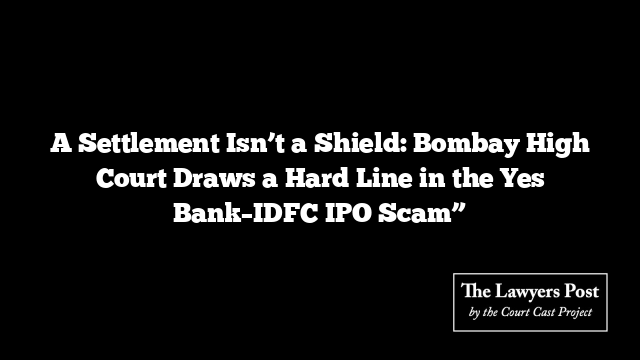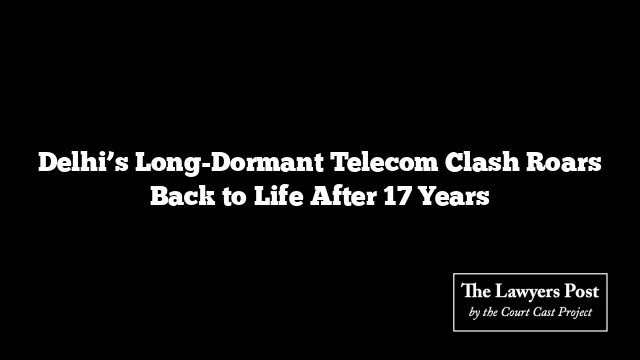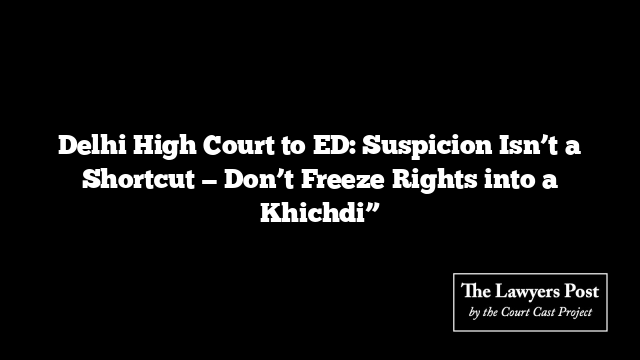In a ruling that lands with the weight of a gavel meant to echo, the Bombay High Court declared that a settlement with the market regulator cannot magically dissolve criminal accusations. The message was clear: a consent order from SEBI is not a washing machine for wrongdoing.
The case centered on Manoj Gokulchand Seksaria, a market intermediary tangled in the old but persistent shadows of the Yes Bank–IDFC IPO scandal. Hoping to sweep away two CBI cases tied to the alleged scam, he approached the Court with writ petitions. The Bench—unmoved—sent them straight to the reject pile.
The judges drew a hard boundary: when the alleged offence harms society at large, criminal courts don’t simply bow out because a cheque has been written elsewhere. Allowing that, they warned, would invite a dangerous belief—that serious charges can be bargained away like a parking ticket. That was never SEBI’s intention, they stressed, nor the criminal justice system’s.
SEBI’s own rules supported this stance. Its settlement mechanism is not a sanctuary for deep-seated fraud, market manipulation, or actions that disturb the rights of everyday investors. And this case, the Court noted, was steeped in exactly that.
The backstory stretches to 2005, when SEBI flagged irregularities in the IPOs of Yes Bank and IDFC and tipped off the CBI. Investigators alleged that Seksaria, acting as a sub-broker, orchestrated a web of forged bank and demat accounts—fake identities used to flood the retail investor category with sham applications. Shares meant for genuine subscribers were allegedly scooped up, rerouted and sold for profit.
Chargesheets rolled out in 2007 and 2009, implicating not just intermediaries but bank officials who allegedly helped grease the machinery by enabling dubious account openings.
Meanwhile, in a parallel lane, Seksaria sought a settlement with SEBI. A consent order followed in 2009, requiring disgorgement and settlement fees. But that order, the judges pointed out, was explicitly limited to SEBI’s own regulatory lanes—civil, administrative and any proposed prosecutions strictly under the SEBI Act. The CBI’s cases, already well underway by then, were simply not part of that universe.
The Court underscored that SEBI’s own circulars rule out settlement in cases involving serious fraudulent trade practices, investor harm, or disturbance of market integrity. This case checked all three boxes.
Thus, the argument that a monetary settlement wiped the slate clean didn’t survive judicial scrutiny. The charges in the CBI cases—ranging from forgery and document falsification to criminal conspiracy and corruption—were, the Court said, public wrongs of a deeper kind. They cannot be vacuum-sealed away through a regulatory compromise.
And so, the prosecutions stay alive. The criminal justice process, the Court insisted, must take its own course—consent order or not.





